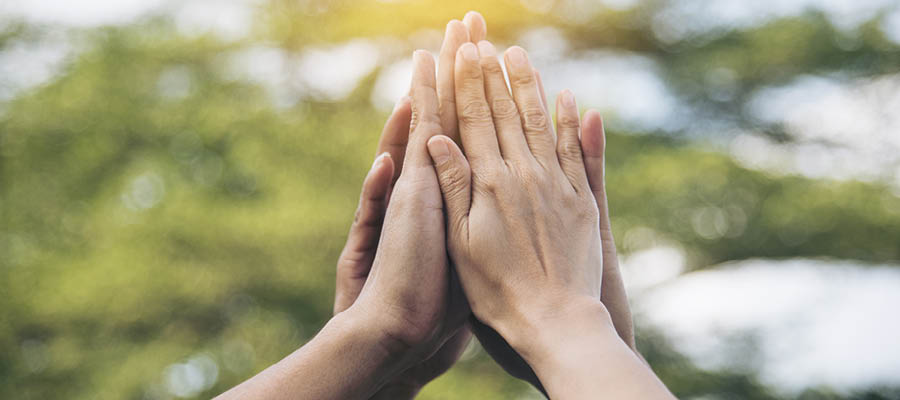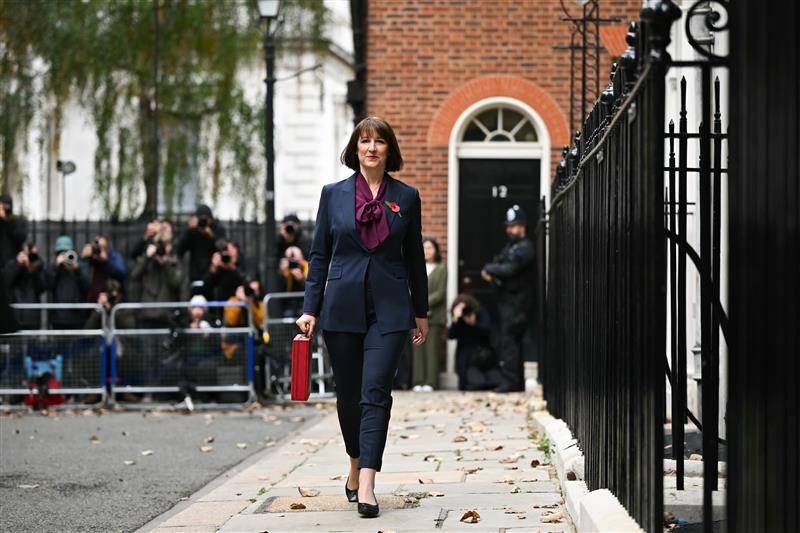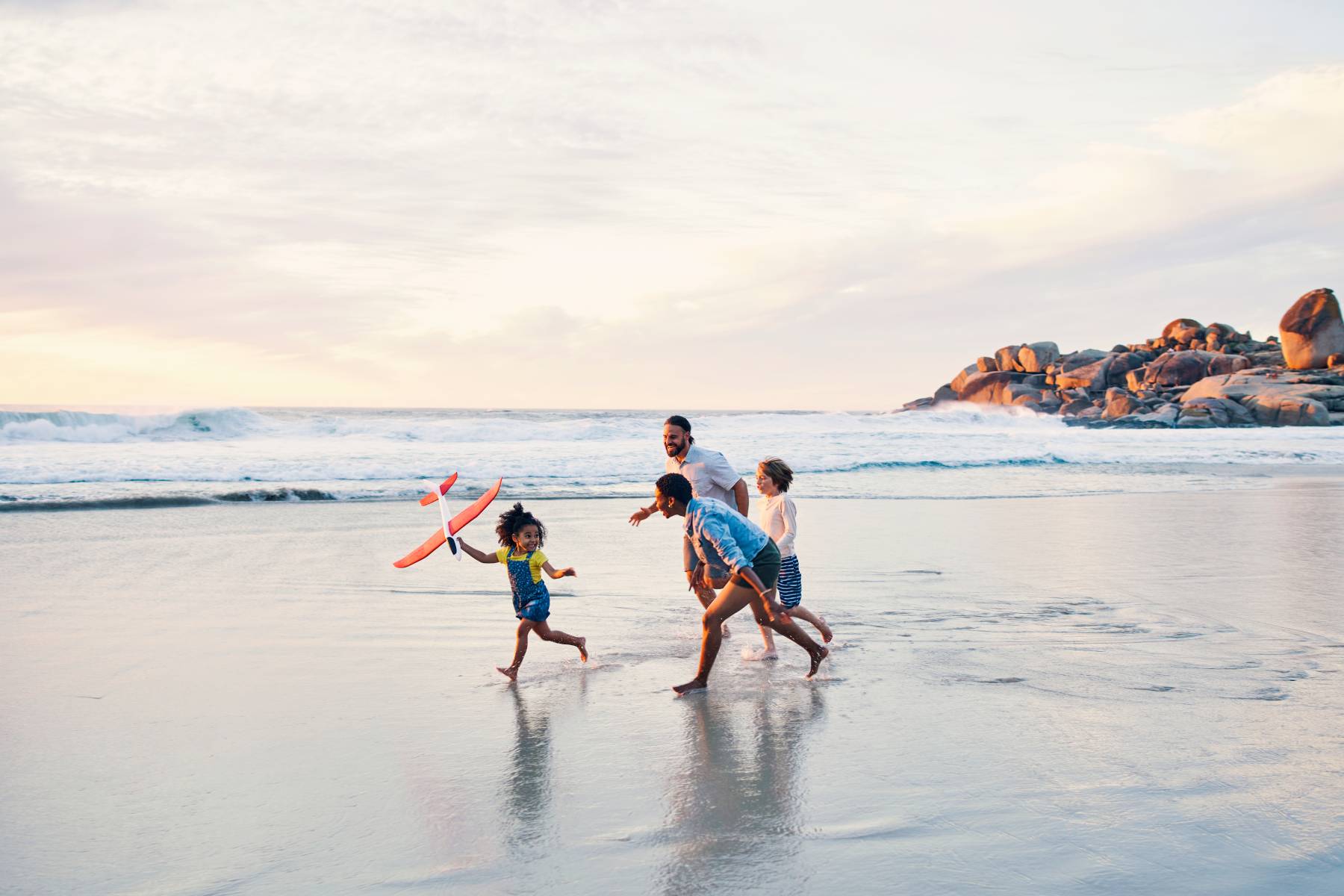Charity spotlight - Second Chance Headway
We spoke to Second Chance Headway to learn more about the work they do in support of those affected by acquired (or traumatic) brain injury.

Article last updated 22 July 2025.
Tell me about the work Second Chance Headway does and the type of client you work with
The fundamental aim of the charity is to improve the quality of life for adults who are living with acquired (or traumatic) brain injury, in and around Yorkshire and the Humber. Our maxim is that "if a life is worth saving, it has to be worth living" and our incredible team of specialist Nurses and Therapists are committed to giving our members a second chance of living a fulfilling life.
Brain injury often results in a life-long set of complex symptoms, including physical disablement and a range of cognitive, emotional, and behavioural difficulties which, in turn, often lead to isolation and the breakdown of relationships. So we provide personalised therapy and rehabilitation, helping our members to participate in all aspects of family, social and vocational life. We also provide support for their carers, family, and friends. This approach can improve the management of symptoms and help the brain injured person engage more fully with their families and the community in which they live.
Research has shown that adults with brain injury often have unmet needs on discharge from health services, including fatigue management, independent living and housing, community rehabilitation, alcohol and drug addiction, and mood issues; and they struggle to identify and access the statutory services they need, increasing the risk of suffering emotional and financial crisis. We therefore try to support people at the earliest possible stage, so that the focus can be on rehabilitation and recovery, and we introduce strategies so that the family and the individual can cope better with their symptoms, reducing the risk of mental health breakdown for the individual and their family.
In terms of funding, some of our members make a contribution towards the cost of their sessions, others receive a means tested contribution via social services and those who have no available resources are supported by the charity. We therefore rely heavily on fundraising, charitable donations and grants.
What makes Second Chance Headway special?
According to our members and the various third parties we work with, what makes us special is that we are unique, filling a longstanding gap in the care and support available for people with brain injuries.
As well as providing immediate, reactive support to those who manage to find us on their own, we also work proactively with a number of statutory services, helping them identify individuals who could benefit from our support and ensuring they know how and when to refer people to us. Referrals came from a diverse range of statutory and non-statutory services across the region, including GPs, NHS Acute and Community Services, Social Care, the Criminal Justice System and Third Sector Organisations.
When somebody comes to us we start by carefully assessing their needs. We then advise them of the range of support and therapies that may be of benefit to them, inviting them to trial a series of sessions in our Day Centre in order to better understand how we can help them. As well as occupational therapy, speech and language therapy and neurophysiotherapy, sessions include art, drama, music, cooking, IT, literacy and maths, along with physical activities and communication skills.
We also assist with the wider aspects of relationships, finances and accommodation, to help make each individual feel as safe and secure as possible – because this helps us to ensure the therapy sessions are as effective as possible.
Separately, our Connections Hub provides support groups and a drop-in centre for members, their families and carers who can attend individually and/or as a team.
For those who can’t get into the centre, our Casework Service provides specialist support to individuals, their families and carers in the community. This service grew in response to the Covid pandemic and is now embedded into the pathways of several organisations across the district, receiving high and growing numbers of referrals.
How were your services affected by COVID and have you changed your working practices?
Before Covid, our services were provided almost exclusively in our centre in Wakefield, but lockdown required us to adapt, which we did quickly. Our incredibly team put on their PPE and maintained contact, throughout lockdown, with every individual who relies on our support.
By the middle of 2021, as lockdown lifted, we reopened the centre, newly fitted out with screens and with strict cleaning, disinfecting and PPE rules in place.
We have since been able to fully re-open but the profile of members at the centre has altered, with many more individual engagements and home visits, and the sessions are fewer and smaller which has had a significant impact on our funding. One to one sessions and home visits take more time and resources, but generate less income, so these services tend to be reserved for the members and families with the greatest need.
What is your long-term vision for Second Chance Headway?
Latest statistics show an increase in hospital admissions due to brain injury, with 1.3 million people in the UK currently affected. Demand for our Casework Service is growing exponentially and our mid to long term plan is to obtain statutory commissioning of this service and to operate the remaining Day Centre, rehabilitation, and therapy services by way of session fees, charitable donations, and grants.
The split between the commissioned services and the Day Centre will be a significant development for the charity. The casework and community support services will be fully funded at cost, which means the Day Centre services’ overheads will fall, making their long-term continuity more secure.
And it is essential that we do secure the continuity of these services because those who refer adults to us tell us “there is no alternative” and that “statutory care does not provide equal services”. An Independent Service Evaluation completed by Mid-Yorkshire NHS Trust identified that there are areas where our service could be developed further and crucially that it is a unique and much needed service.
We continue working to raise awareness, not just of what we do and how we can help, but of brain injury in general and this has helped other services to identify people who need our help. For example, the Police Liaison and Diversion teams in Leeds are now using a brain injury screening tool to identify whether people in custody may have had a brain injury, so that they can then be helped to access appropriate care and support.
We know the challenges we face are much bigger than us, so we work closely with affiliates; we chair and lead the well-established West Yorkshire Acquired Brain Injury Network, which has representation from all sections of the rehabilitation pathway in the region.
Our dedicated, highly trained staff and volunteers are the most important resource we have – without them we cannot continue to support our current and future members. But our financial resources are limited so we do as much as we can, for as many as we can, making the most efficient use of the facilities that we have.
If you are able to support us then we would love to see you at our annual fundraising ball at the Queens Hotel in Leeds on Thursday 25 May 2023. Our 2022 Ball celebrated the charity’s 40th anniversary and was a huge success, thanks to everybody who attended along with generous sponsorship from Rathbones, Fensham Howes, 1 Crown Office Row, Irwin Mitchell and Kings Chambers. Please contact katie.wilson@fenshamhowes.com for further information and tickets.
Finally, if you or somebody you know is struggling with a brain injury and you think we could help, please call us on 01924 366 735.
Find out more about Second Chance Headway.
For further information view Rathbones’ specialist personal injury and Court of Protection services.



